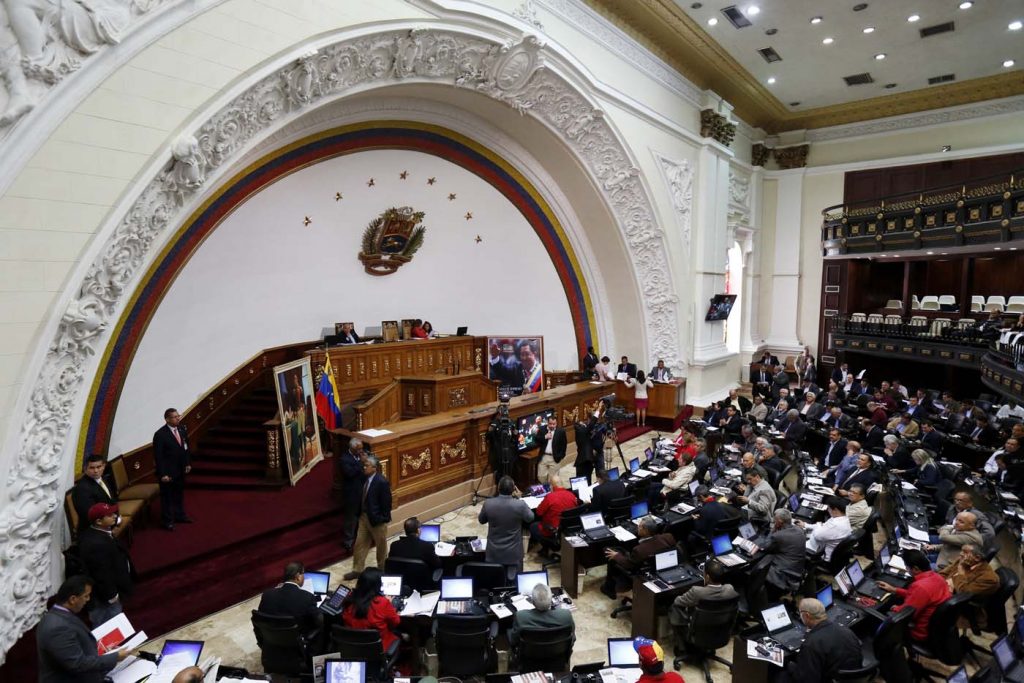Chavista deputies did not have the votes in the National Assembly. But they did have the judges in the Supreme Court. A decision of the Constitutional Court cleared the way for the ruling party bloc to advance legal reforms demanded by the revolution.
“The favourable vote of two thirds of the members of the National Assembly is not required to begin the discussion of draft organic laws granted such character because they seek to amend organic laws in force,” ruled the highest court on January 26, 2004, in a presentation by Justice José Manuel Delgado Ocando.
What was the political background of this ruling? A group of opposition deputies appeared before the TSJ on August 12, 2003 to request the interpretation of Article 203 of the Constitution, which states: “Any draft organic law, except those defined as such by this Constitution, shall be previously admitted by the National Assembly, by the vote of two thirds of the members present before the start of debate on the bill.”
The government did not have the 2/3 majority of the House and opposition deputies used of this situation to reject the possibility of starting the debate, and subsequently passing the new Organic Law of the Supreme Court. However, the judges rejected that argument and, as a result, chavista deputies needed only a simple majority to make the changes they wanted in Venezuela’s judiciary.
Justices Pedro Rondón Haaz and Antonio García García abstained. “The same qualified majority that the (constitutional) Article established for the approval of a draft organic law or modification of an existing organic law, is required for its subsequent approval by the National Assembly,” explained Rondón Haaz, while García García objected to allowing “modification of an organic law, legitimately approved as such (…) by a vote of half plus one of the members present at a session.”
The questioning of these judges did not prevent the Organic Law of the Supreme Court to be passed on May 20, 2004, almost three months before the recall referendum against the late President Hugo Chávez. Before this ruling, the government did not pull all the strings at the Supreme Court. Proof thereof is that on August 14, 2002, the TSJ issued a statement calling the events of April 11 of that year, which ended with the ouster of Chávez for a few hours, a “power vacuum.”
Extract of the judgment
“(…) The affirmative vote of two thirds of the members of the National Assembly is not required to begin the discussion of draft organic laws defined as such the Constitution, which are intended to modify existing organic laws ( …) on the parliamentary majority required for the passage of any organic law, whether or not defined as such by the Constitution (…) states that (…) the absolute majority of the members of the National Assembly will be required present at that session shall be necessary for the enactment of organic laws (…) whatever their nature. So it is decided.”
